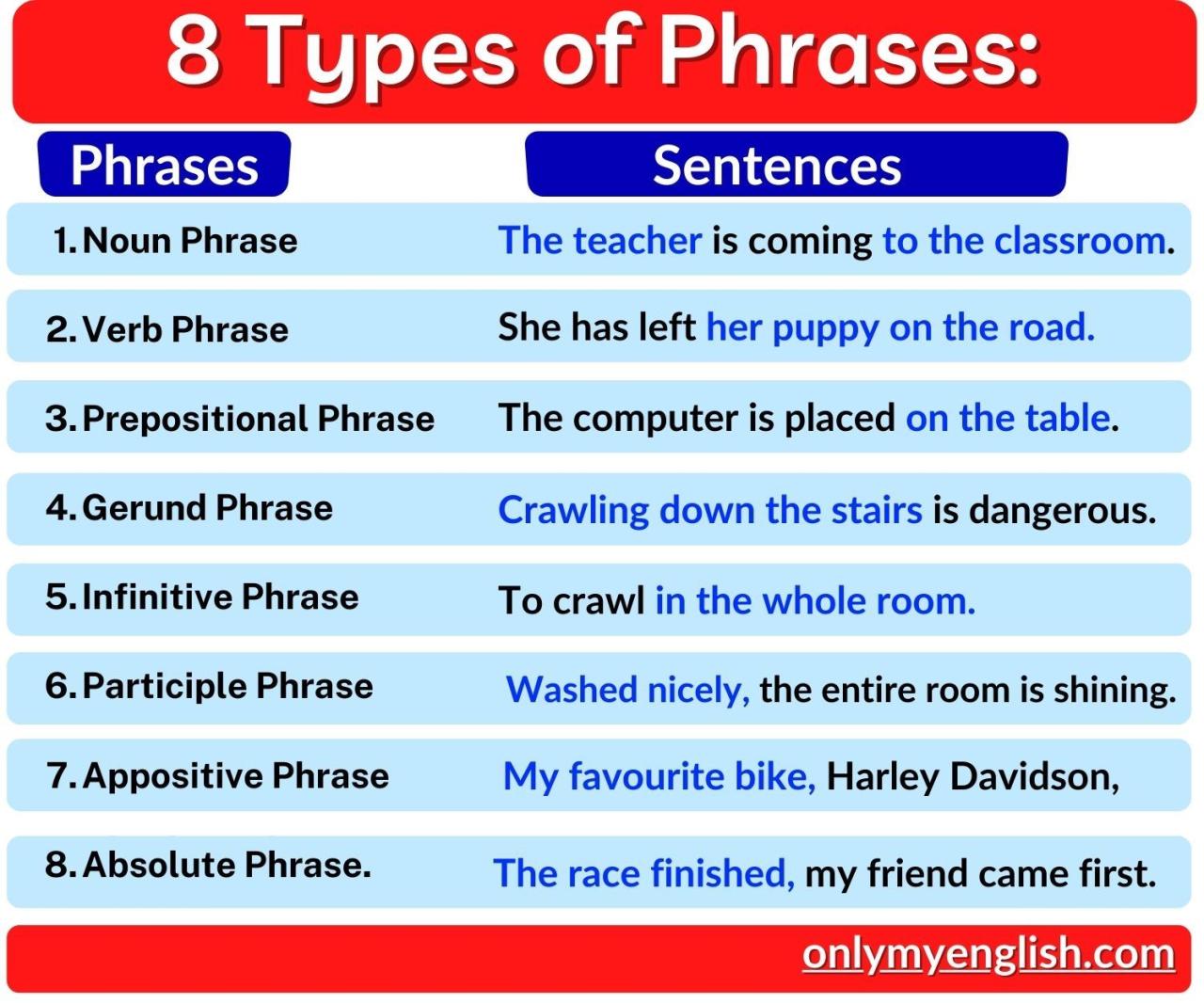
What To Say When People Push Food On You
What to say when people push food on you? It’s a common dilemma, especially when you’re navigating social situations. Perhaps you’re trying to stick to a dietary plan, have an allergy, or simply don’t want to eat something you’re not interested in.
The key is finding ways to politely decline without causing offense. This can be tricky, as there are different reasons why someone might push food on you, and the consequences of accepting or refusing can vary. This guide will equip you with the tools to confidently navigate these situations.
From direct responses and offering alternatives to setting boundaries and addressing underlying issues, we’ll explore a range of strategies to help you feel comfortable and empowered in your choices. Whether it’s a friend offering a slice of cake or a family member piling your plate with extra servings, you’ll learn how to gracefully handle these scenarios with confidence and respect.
Understanding the Situation
Being pressured to eat something you don’t want is a common social experience, often stemming from well-intentioned but misguided actions. Understanding the dynamics at play can help you navigate these situations with grace and clarity.
Reasons for Food Pushing
The reasons behind someone pushing food on you can vary, but they often stem from a desire to be hospitable, show affection, or create a sense of connection.
- Hospitality: In many cultures, offering food is a gesture of welcome and generosity. It’s a way to show that you are valued and cared for.
- Affection: Sharing food can be a way to express love and care, especially within families or close friendships. It can be a way to show someone that you’re thinking about them or that you want to make them happy.
- Social Bonding: Food can be a powerful tool for building relationships and creating a sense of community. Sharing a meal can help people connect on a deeper level and foster a sense of belonging.
- Cultural Norms: In some cultures, refusing food is seen as rude or disrespectful. It’s important to be aware of these cultural nuances and to navigate them with sensitivity.
Potential Consequences of Accepting or Refusing Food
Deciding whether to accept or refuse food offered to you is a personal decision that should be based on your own comfort level and the specific circumstances.
- Accepting Food: While accepting food can be a way to show appreciation and avoid conflict, it can also lead to feeling uncomfortable, pressured to eat more than you want, or even experiencing health consequences if you have dietary restrictions or allergies.
- Refusing Food: Refusing food can be perceived as rude or ungrateful, even if your reasons are valid. It can also lead to awkward conversations or a strained relationship.
Direct Responses

When someone insists on offering you food, being direct and assertive is key. While it’s important to be polite, it’s equally important to clearly communicate your boundaries and preferences. Direct responses help you politely decline food without feeling pressured or obligated.
They allow you to express your appreciation for the offer while firmly stating your decision.
Examples of Direct and Assertive Responses
Here are some examples of direct and assertive responses you can use:
“Thank you so much for offering, but I’m actually not hungry right now.”
“I appreciate the thought, but I’m trying to eat healthier these days.”
It’s tough when people push food on you, especially when you’re trying to make healthy choices. Sometimes, a gentle but firm “No, thank you” is all you need. Or, if you’re feeling a bit more creative, you could say something like, “I’m actually trying to eat a bit lighter these days, but thanks for offering!” Maybe you can even inspire them with a story like how a vacation helped Charlotte lose half her body weight.
Whatever you choose to say, remember that you’re in control of your own choices and you deserve to feel comfortable with them.
“That looks delicious, but I’m full from earlier.”
“I’m really trying to cut back on [specific food group], so I’ll pass.”
“Thank you for thinking of me, but I’m good.”
It’s totally okay to politely decline food you don’t want, even if it’s offered with good intentions. Sometimes, I find myself saying, “Thanks, but I’m trying to eat a little healthier these days,” and then I’ll offer a suggestion like, “Maybe we can try that new salad place next time?” Speaking of healthy, did you know that can grilled cheese be healthy ?
It’s all about the ingredients and preparation. Anyway, the point is, you can always politely decline without making a fuss. Just remember, your health is your priority!
Phrases Expressing Appreciation While Declining
It’s always a good idea to acknowledge the offer with a positive comment. Here are some phrases you can use to express your appreciation while still declining:
“That’s very kind of you to offer.”
“I appreciate you thinking of me.”
It’s tough when people keep pushing food on you, especially when you’re trying to stick to a plan. Sometimes, a gentle “I’m good, thanks” just isn’t enough. Maybe you could try suggesting that you’re focused on healthy eating right now, and you’ve been loving quick and easy recipes like the ones I’ve been finding on diets and recipes for 35 minute dinners.
It might give them a different angle to understand your choices. And who knows, maybe they’ll even join you in trying out some new recipes!
“That’s so thoughtful of you.”
Different Scenarios and Appropriate Responses, What to say when people push food on you
The following table illustrates different scenarios and appropriate responses:
| Situation | Response |
|---|---|
| A friend insists on sharing their dessert with you. | “Thank you for offering, but I’m actually quite full. Maybe next time!” |
| Your coworker brings in homemade cookies and offers you one. | “Those look amazing! I’m trying to cut back on sweets, but thank you for thinking of me.” |
| Your family member keeps offering you seconds at dinner. | “I really enjoyed the food, but I’m full. Thanks for making such a delicious meal!” |
Offering Alternatives
Offering alternatives when declining food can be a polite and effective way to navigate a tricky situation. It allows you to gracefully decline the food while also acknowledging the offer and showing consideration for the person offering it. Suggesting alternatives also helps to avoid awkwardness or tension, making the interaction more comfortable for both parties involved.
Examples of Alternative Options
When declining food, offering alternatives demonstrates thoughtfulness and respect. These alternatives can range from different foods to beverages, depending on the context of the situation. Here are some examples:
- Different Food:If someone is offering you a slice of cake, you could politely decline and suggest a different food option, such as a piece of fruit or a cup of tea. “Thank you for offering, but I’m not really in the mood for cake.
Would you mind if I had a piece of fruit instead?”
- Beverage:If you are offered a glass of wine but prefer something else, you could suggest a different beverage, such as water or juice. “I appreciate the offer, but I’d rather have a glass of water.”
- Alternative Activity:If someone is pushing you to eat something you don’t want, you can suggest an alternative activity. “Thanks for the offer, but I’m actually not very hungry. How about we go for a walk instead?”
List of Alternative Options
Here is a list of alternative options you can offer when someone pushes food on you:
- A different food item
- A beverage
- An alternative activity
- A simple “No, thank you” with a smile
- A brief explanation of your reason for declining, such as “I’m trying to eat healthier” or “I’m already full”
Setting Boundaries: What To Say When People Push Food On You
Setting boundaries around food is crucial for maintaining your well-being and respecting your personal choices. It allows you to navigate social situations comfortably while staying true to your dietary needs and preferences.
Boundaries are essential for preserving your physical and mental health. When you set boundaries, you assert your right to control your own food choices, which can be empowering and lead to a healthier relationship with food.
Assertive Statements for Establishing Boundaries
Assertive statements are key to effectively communicating your food preferences. They allow you to express your needs clearly and respectfully, without being aggressive or passive. Here are some examples:
- “Thank you for offering, but I’m trying to eat [specific foods/diet] right now.”
- “I appreciate the thought, but I’m actually full. I’ll have some later.”
- “I’m happy to try a small portion, but I’m not sure I can eat a whole plate.”
- “I’m not really a fan of [specific food], but I’m happy to try something else.”
Communicating Preferences Without Being Rude
While setting boundaries is important, it’s equally important to communicate your preferences respectfully. This involves being honest and direct, but also being mindful of the other person’s feelings. Here are some tips for communicating your preferences without being rude or dismissive:
- Be polite and understanding.Acknowledge the other person’s intentions and show appreciation for their efforts. For example, you could say, “I appreciate you offering, but I’m not feeling well today.”
- Be clear and concise.Use simple language and avoid making excuses or explanations that might sound insincere. For example, instead of saying “I’m not really hungry,” try “I’m full right now.”
- Offer alternatives.If you don’t want to eat something, suggest a different option. For example, you could say, “I’m not really into pizza, but I’d love to have a salad.”
- Focus on your own needs.Avoid making judgments about the food or the person offering it. For example, instead of saying “This food is too greasy,” try “I’m trying to eat healthier right now.”
“Setting boundaries is not about being rude or dismissive. It’s about taking care of yourself and respecting your own needs.”
Closure
Ultimately, handling food pushiness is about finding a balance between being polite and assertive. It’s about understanding the social dynamics involved and recognizing that your comfort and well-being are paramount. Remember, it’s okay to say no, and it’s okay to be direct about your preferences.
By practicing these strategies, you’ll be able to navigate these situations with ease and maintain healthy relationships while respecting your own boundaries.

